Lack of DNA modification creates hotspots for mutations
The absence of a chemical alteration called methylation on some stretches of DNA makes them especially prone to mutations, according to a paper published in PLoS Genetics in May.
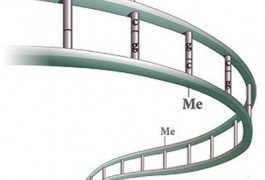
The absence of a chemical alteration called methylation on some stretches of DNA makes them especially prone to mutations, according to a paper published in PLoS Genetics in May.

Deletions in the second half of the autism-linked gene neurexin-1 are associated with seizures and large head size, according to a study published 23 May in the European Journal of Human Genetics.

An untreated fever during pregnancy more than doubles the risk that the child will develop autism, according to a study published 5 May in the Journal of Autism and Developmental Disorders.
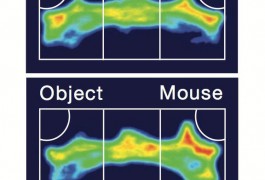
Two new strains of mice carrying different mutations in the SHANK2 gene show similar autism-like behaviors but opposing effects on brain signaling, according to two independent studies published 14 June in Nature.
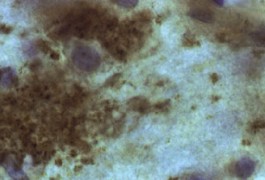
Amyloid-beta, the small protein that forms plaques in the brains of people with Alzheimer’s disease, is more prevalent in postmortem brains from individuals with autism than in those from controls, according to a study published 2 May in PLoS One.
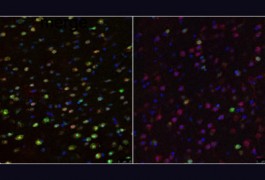
The gene missing or mutated in Rett syndrome, an autism spectrum disorder, is critical for the survival of adult mice, according to a study published 31 May in Human Molecular Genetics.
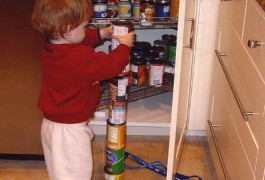
Repetitive behaviors are often motivated by anxiety when children with autism and intellectual disability transition from one task to the next, but they are linked to a desire for attention when the children have free time, according to a study published in May in the Journal of Applied Research in Intellectual Disabilities.
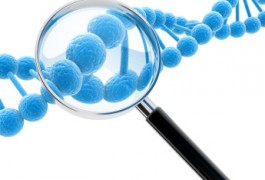
An analysis of large duplications and deletions of DNA has identified new candidate genes for autism in pathways linked to the disorder. The results were published 22 May in Human Molecular Genetics.
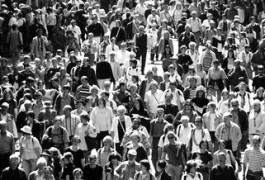
Rare variants make up the vast majority of human genetic variation, according to two independent papers published in May in Science. That means that genetic studies of complex diseases such as autism are likely to require tens of thousands of participants.
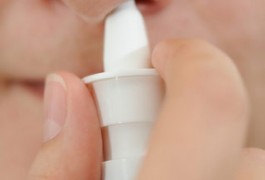
Men with a common autism-linked variant of CD38, a gene that regulates levels of the ‘trust hormone’ oxytocin, benefit more from the hormone than do those with other variants, according to a study published in the May issue of Neuropsychopharmacology.